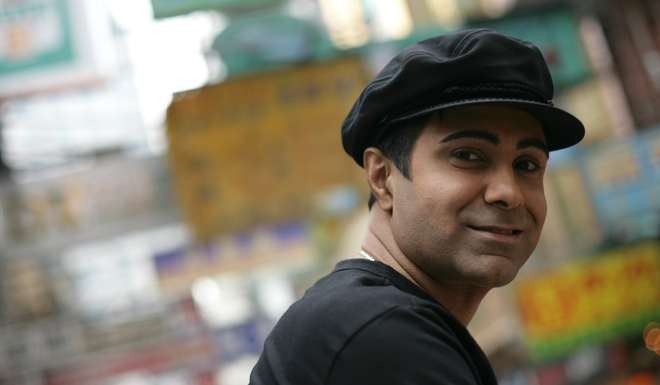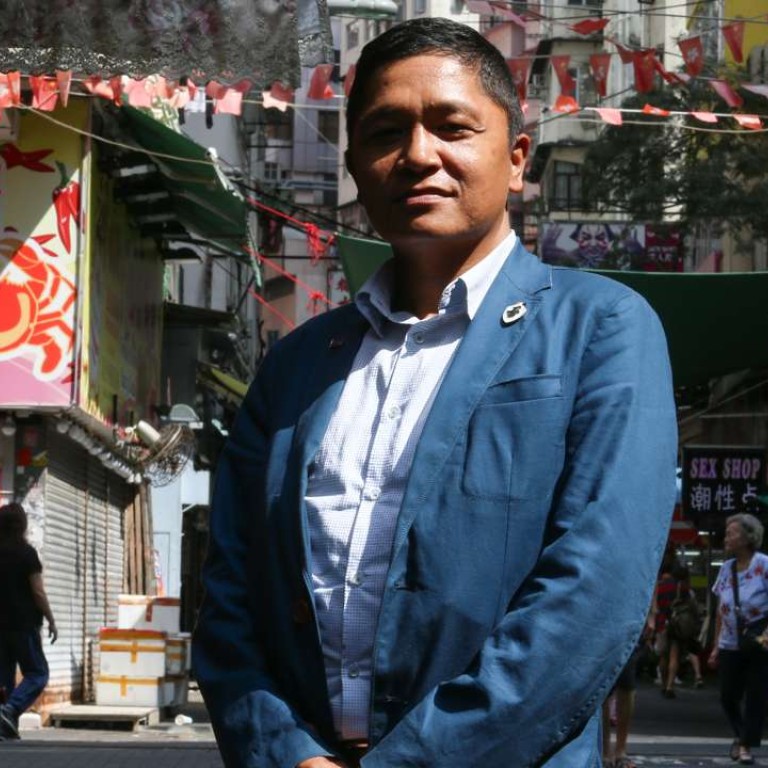
‘The future of Hong Kong is not ours’: Minority groups feel shut out of one of Asia’s richest cities
Government should urgently address the disenfranchisement of South Asians in particular, campaigners claim
Lifelong Hongkonger Prem Chandr Tamang was shocked to watch television footage of police firing shots at a Nepali gang attacking another Nepali in Yau Ma Tei on October 2 this year.
The 44-year-old Nepali company director, whose engineering construction business is based just two blocks away from where the machete attack took place, has also been a victim of Nepali gangs in the last two years.
On one occasion, they broke into his office, demanded he hand over HK$100,000 and slashed his neck – an injury that left him struggling to eat for 14 months. In a separate terrifying attack in March this year, they cornered him at home, hitting him across the head as he tried to protect his one-year-old son.
“They said they would destroy me and my office if I did not pay,” Tamang recalled, adding that no one had yet been prosecuted for the crimes despite him making seven reports to police.
By contrast, the Yau Ma Tei attack in October has so far seen the arrest of five local-born Nepali men. It also drew massive public attention, reigniting the debate over the status and treatment of ethnic minorities in Hong Kong, who have historically been marginalised in the city.
“Having such an attack in a big city like Hong Kong is unacceptable,” said Tamang. “But it is not the first time. The gangs have always been here, causing trouble.”
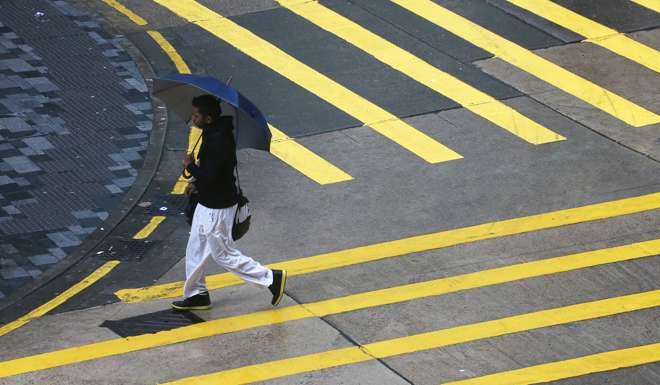
Racial barriers Hong Kong’s ethnic minorities continue to face barriers when accessing housing, employment, health and recreational services, according to campaigners and academics.
Nepali and Pakistani youths are being particularly neglected by society and subsequently they are often exploited by gangs, prompting them to fall into a life of crime.
Hong Kong is home to more than 123,000 South Asian residents, about 1.8 per cent of the total population, according to the latest figures from the Immigration Department.
Puja Kapai, director of the Centre for Comparative and Public Law at the University of Hong Kong, said the neglect of Nepalis and Pakistanis needed to be urgently addressed by the government.
“It is very sad,” she said. “Young men and women are being recruited into these gangs because they are being exploited by the sense of loss within their community. They are being lost to the other side.”
Non-white ethnic minorities face the most discrimination in relation to financial and housing services, according to a study by the equality watchdog the Equal Opportunities Commission (EOC) published in September this year.
Two-thirds of visits to these services were marred by discrimination, respondents in the study reported.
At the time, EOC chairperson Alfred Chan Cheung-ming said it had submitted a comprehensive review of the four existing anti-discrimination ordinances to the government with 73 recommendations on how to improve the lives of ethnic minorities.
Balkrishna Pun, 42, a second-generation Gurkha living in Jordan, said he sent his three children back to Nepal as he did not see any future for them in the city.
“No matter how smart they are, they will always be in the second class here,” he said. “The future in Hong Kong is not designed for them. So why not go back and get some luck?”
Home-grown prejudice Contrary to popular belief, Hong Kong ranks poorly for cultural diversity and has seen rising levels of cultural intolerance, according to PwC’s 2015 “Building Better Cities” study. It also ranks as the most unequal in a comparison of 28 cities, with an estimated 1.3 million people living in poverty, a disproportionate number of which are from ethnic minorities.
The findings, which prompted accusations that Hong Kong is one of the developed world’s most racist cities as well as the most unequal, are sadly nothing new.
More than a quarter of Hongkongers said they did not want to live next door to someone of a different race, according to a study by the global World Values Survey in 2013.
But despite facing discrimination and prejudice, many ethnic minorities have continued to call Hong Kong their home for generations.
“The Yau Ma Tei machete attack was shocking, but our problems did not just come up today,” said Jeffrey Andrews, a lifelong Indian Hongkonger.
Andrews spent two years as a gangster when he was a teenager, but now works as a social worker helping ethnic minorities and asylum seekers.
“It’s a vicious cycle,” he said. “I have never seen the government come out and back us. We are also taxpayers but continue to feel we are second class.
“We were not born and designated to be construction workers,” he said. “Many of us would rather be policemen ... than be gangsters.
“As soon as you arrive at the Singapore airport, there’s a multicultural immigration department with different colours, races and origins. But we are in the back rooms in Hong Kong.”
There are currently 30 trade-based seats in the Legislative Council, but none of them represents ethnic minorities.
Political intervention Language continues to be a significant barrier to integration for ethnic minorities. The government estimates that almost 90 per cent of the city’s population speaks Cantonese as their first language, while less than two per cent of residents speak an alternative language, not including English.
Many job adverts for skilled workers require applicants to speak Cantonese and English, meaning those from ethnic minorities are often unlikely to even acquire an interview.
Non-white ethnic minorities typically find themselves working in the catering, construction and manual labour industries.
The government’s recent investment of HK$200 million in schools to enable them to teach Chinese as a second language to ethnic minority students could prove a step towards bridging this language gap.
But Kapai said the government also needed a policy monitoring body to assess how each piece of legislation it passes actually addressed the needs of ethnic minorities.
“I think this is a situation which warrants some serious consideration in terms of policy and planning to make sure ethnic minorities are having their needs addressed,” she said. “A world city should not be like this.”
The government introduced the Race Discrimination Ordinance in 2009 to give ethnic minorities greater legal protection, while the EOC set up an Ethnic Minorities Unit last year to follow up on relevant issues through a three-pronged approach of policy recommendation, training and outreach.
But Kapai said lawmakers still failed to acknowledge there is racial discrimination in Hong Kong. “When I compare it with London and New York, of course there are tensions there, but at least they are acknowledging there is a problem,” she said.
Commenting on her own experiences as an ethnic minority here, she said government officials had remarked that her professional success showed there was no racial discrimination in Hong Kong.
Asylum seekers Hong Kong does not settle asylum seekers, yet it is facing a backlog of 10,675 refugee applications.
They are barred from working and offered just HK$3,500 per month to cover rent and other basic necessities.
Peter Maina, head of the Refugee Union in Hong Kong, said the issue of acceptance was even worse for asylum seekers, including himself, who is from East Africa.
He said he felt there was increasingly a tendency among the local population, as is the trend worldwide, to consider asylum seekers “fake” and “undeserving” of help.
“It is extremely bad,” he said. “[Asylum seekers] are not allowed to work and are made to live on welfare payments, which are grossly inadequate. It is very difficult to survive; they are between a rock and a hard place. And people treat you like you have a disease.”
Shining lights in the ethnic communities
Funny man Vivek Mahbubani, one of the city’s bilingual comedians, is a freelance web designer by day and a performer by night. Mahbubani carved a unique niche in the comic world with his ability to crack jokes in both Cantonese and English and his candour in talking about his experiences as a minority in the city. His humour not only brings laughter to his audience but also sheds light on the ethnic inequality of today’s society.
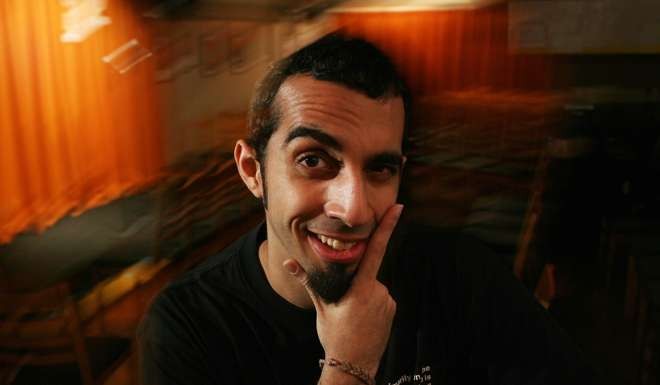
Syed Kemal Shah Bokhary, the former Permanent Judge at the Court of Final Appeal of the city, is the most influential South Asian in Hong Kong. Bokhary, who is born and bred in Hong Kong, has practised and safeguarded the law for more than 40 years. From 1997 to 2012, Bokhary was one of three Permanent Judges at the Court of Final Appeal. Currently he is still serving as a Non-Permanent Judge who continues to hear occasional cases.
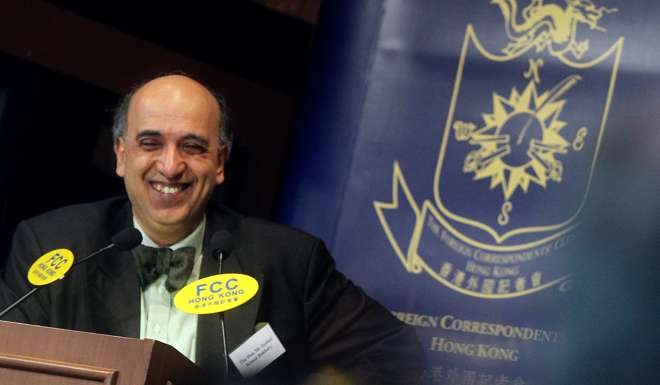
Mohindepaul Gill, who also goes by Q BoBo, is perhaps the most well-known South Asian in Hong Kong. He rose to fame when he became the first Indian actor signed by TVB. He is featured in a number of local TV series and movies, and he recently published a book titled Made in Hong Kong, which reveals the stories of five South Asians in the city. He said he has become “an ambassador for [the Indian] people in Hong Kong”.
